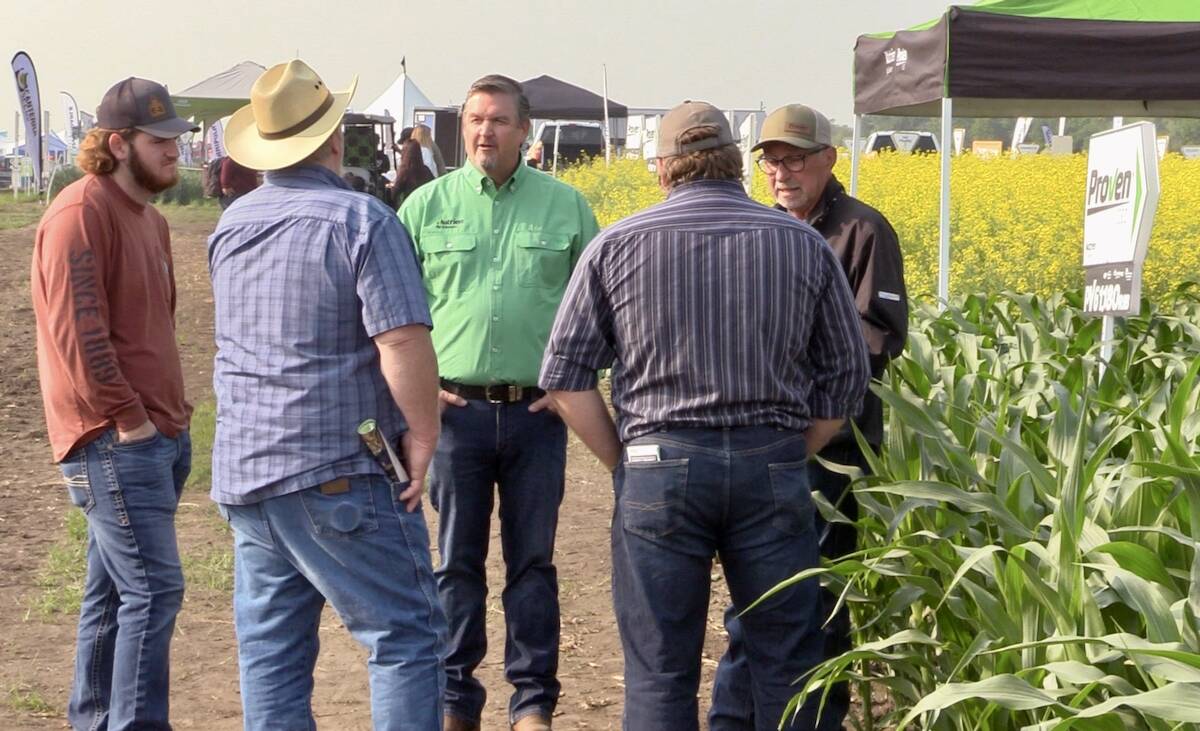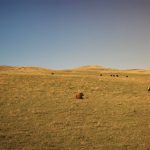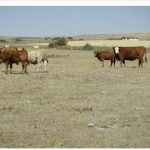The Alberta government took the next step to implement its controversial farm safety act May 20 by announcing the appointees to its consultation process.
Seventy-eight people have been assigned to six groups tasked with developing recommendations on how the government should implement changes to employment standards, occupational health and safety and labour relations relating to farmers and farm workers.
Progress on the Enhanced Protection for Farm and Ranch Workers Act, also known as Bill 6, had been on hiatus after a series of protests and highway blockades organized by farmers nevertheless culminated in passage of the bill in December.
Read Also

Interest in biological crop inputs continues to grow
It was only a few years ago that interest in alternative methods such as biologicals to boost a crop’s nutrient…
Members of agricultural commodity groups and organizations formed the Ag Coalition in January, designed to represent farmer and rancher interests in details and implementation of the bill.
The coalition put forward the names of people it wanted to serve in government consultation. Twenty-three of them were selected, including the two co-chairs, Kent Erickson of Irma and Page Stuart of Vegreville.
In a news conference May 20, Agriculture and Forestry Minister Oneil Carlier said the six groups would begin meeting in June, but neither he nor Labour Minister Christina Gray indicated a timeline by which they expect recommendations.
“Sooner better than later, I suppose,” said Carlier.
“I am looking for input from the industry.… There’s no standard set of specs in agriculture, so we’re looking forward to being able to write those regulations on occupational health and safety.… We’re looking forward to the recommendations, whatever those might be.”
Stuart, co-chair of the Ag Coalition that comprised a wide range of agricultural groups and interests, said she and other coalition members need more information about the process.
“We’re looking for there to be increased transparency about the process, and right now I think we still have a number of questions we’re looking to have answered.
“But we are also committed to being in the conversation because this has huge impact on us as a community. These discussions are engaging a lot of people in the agriculture community, and that’s positive, but it’s also at a time that I think none of us budgeted for right now.”
A news release from the coalition reiterated Stuart’s theme.
“The Ag Coalition says more information is required on the terms of reference and mandate of the Bill 6 consultation tables before it can determine if the process is likely to result in regulations that make sense for those who will be affected the most: farmers, ranchers and their employees,” it said.
Rick Strankman, the shadow agriculture minister for the Wildrose official opposition, said in a news release that he would review the list of appointees “to ensure that they properly represent the farmers and ranchers of our province.… I continue to have concerns that any positive work that may come out of consulting with actual farmers and ranchers will be superseded by the NDP government on this legislation.”
Controversy arose after the NDP government announced Bill 6 last year, which would affect employment standards, labour law, workers compensation and occupational health and safety legislation as it affects agricultural operations and workers.
Many in the industry said the government was moving ahead without proper consultation and feared it would affect their farm management and productivity.
In response, the government announced plans for more extensive consultation regarding the chapter and verse of legislation, culminating in the May 20 announcement of working groups.
The groups have 12 members and a chair with each chair chosen to be “an independent and impartial individual with demonstrated mediation, consensus and board governance experience,” the government said in its announcement.
Each group also appears to include at least one farm worker and at least one union representative, in addition to farmers and members of commodity groups and the agricultural industry.
Two of the groups will review existing requirements and exceptions for occupational health and safety as it applies to agricultural operations.
Others will deal with the Employment Standards Code, the Labour Relations Code, OH & S best practices for agriculture and OH & S education, training and certification.
The full list of people appointed to the working groups can be found at www.alberta.ca/farm-and-ranch-consultations.cfm.
barb.glen@producer.com

















